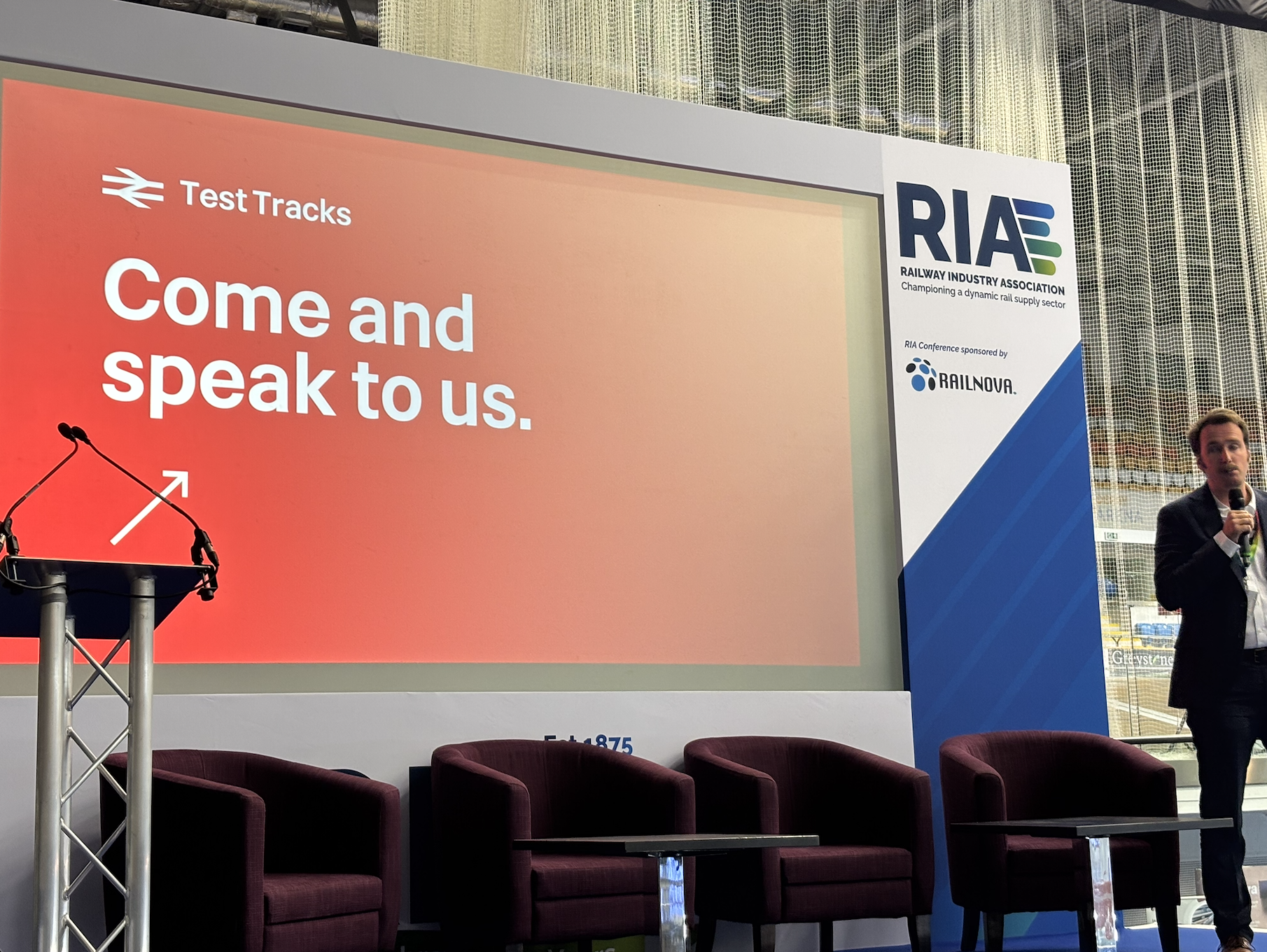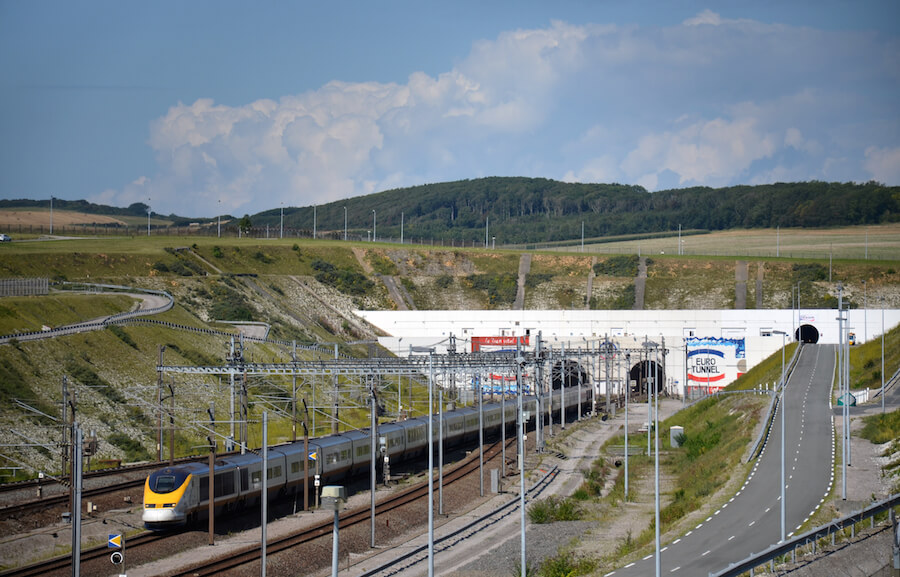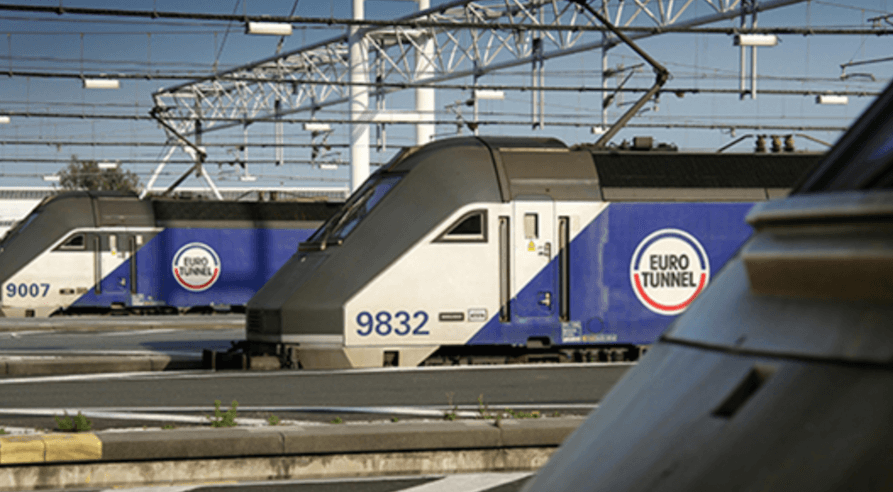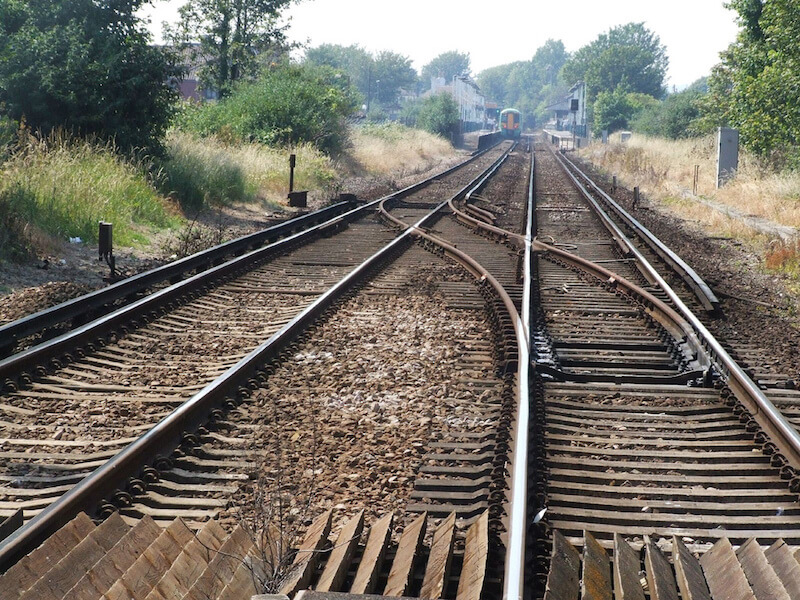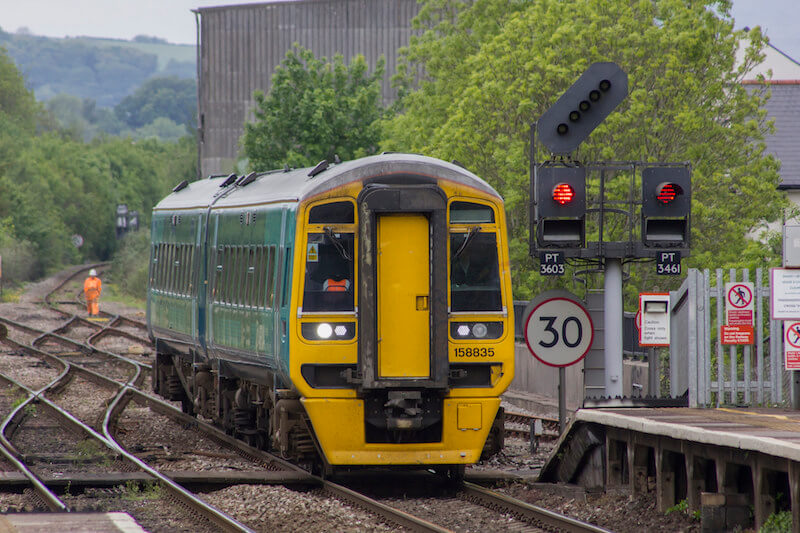As everyone in the rail industry knows, the impact of Brexit negotiations on the shape of the sector in the UK is extensive and the outcomes uncertain. The Rail Safety Standards Board recently released a report on how Brexit might affect standards and regulations: they advise that regulations in the UK might be ‘similar to the current EU-based framework,’ ‘similar, but with some differences,’ or ‘significantly different!’ This uncertainty across the industry is unprecedented and worrying for companies and organisations affected by it, so Railway-News asked Vaibhav Puri, Head of Technical and Regulatory Policy at the RSSB to talk more about their expectations and concerns. The views and analyses expressed below do not necessarily align with those of Railway-News.

By Vaibhav Puri, Head of Technical and Regulatory Policy, RSSB
You can be forgiven if you’re getting weary of hearing about Brexit in the news. Not a moment goes by without the latest developments and implications being given airtime. However, there’s no avoiding the fact that Brexit is a big deal and throws up a lot of unanswered questions, which could have a substantial impact on your organisation.
Rather than become too distracted by the political narratives, or a specific hope or bugbear, organisations need to focus instead on how different outcomes could affect their own strategic goals. Now is the time to focus on what those organisational goals are, and how these could be supported or hindered by key challenges that Brexit presents.
With about a year to go until the UK formally leaves the EU, it remains unclear exactly what impact Brexit will have, and what, if anything, will change for standards and regulation affecting the rail sector.
The UK will formally leave the EU in March 2019, although there is likely to be a period of transition in which the basis for the UK’s long-term relationships with the rest of the EU will be implemented.
The nature of the process creates uncertainty in all industries and organisations, including the railways, so RSSB is working on behalf of its members to address issues of concern and get as much clarity about the impact of Brexit and the way future arrangements for standards and regulation might work.
But at this stage, no one can be certain exactly what impact Brexit will have.
In the short term there are not likely to be any significant changes to the requirements that stem from rail standards and regulation.
There are no plans to radically reform the existing GB rail standards regime. Indeed, it is sufficiently robust to avoid the need for substantial change in the post-Brexit world, but at the same time, flexible enough to adapt to new needs in the industry, including both deeper convergence with, or divergence from, EU standards and laws in the future. So we’re advising our members to continue planning for a range of possible outcomes.
There are 6 overarching common-sense objectives which need to be considered against the backdrop of Brexit:
- Mutual recognition of certifications and authorisations
- Regulations and standards needed to support certification and authorisations conducted in Britain, imposing relevant requirements as necessary
- Ability to influence EU regulations and standards so that products and services developed for the wider EU market are also fit for purpose for GB
- Co-operation and collaboration with EU partners to share data, knowledge and information
- Access to skills and knowledge from the EU Member States to support needs in the UK
- Agreed mechanisms to align with or diverge from EU requirements across the GB network
These things will create different needs and challenges depending on the nature of the post-Brexit world we choose to implement or accept.
The post-Brexit regime could be:
- Very similar to the current EU based framework
- Similar but with some differences to the current EU based framework
- Significantly different to the current EU based framework
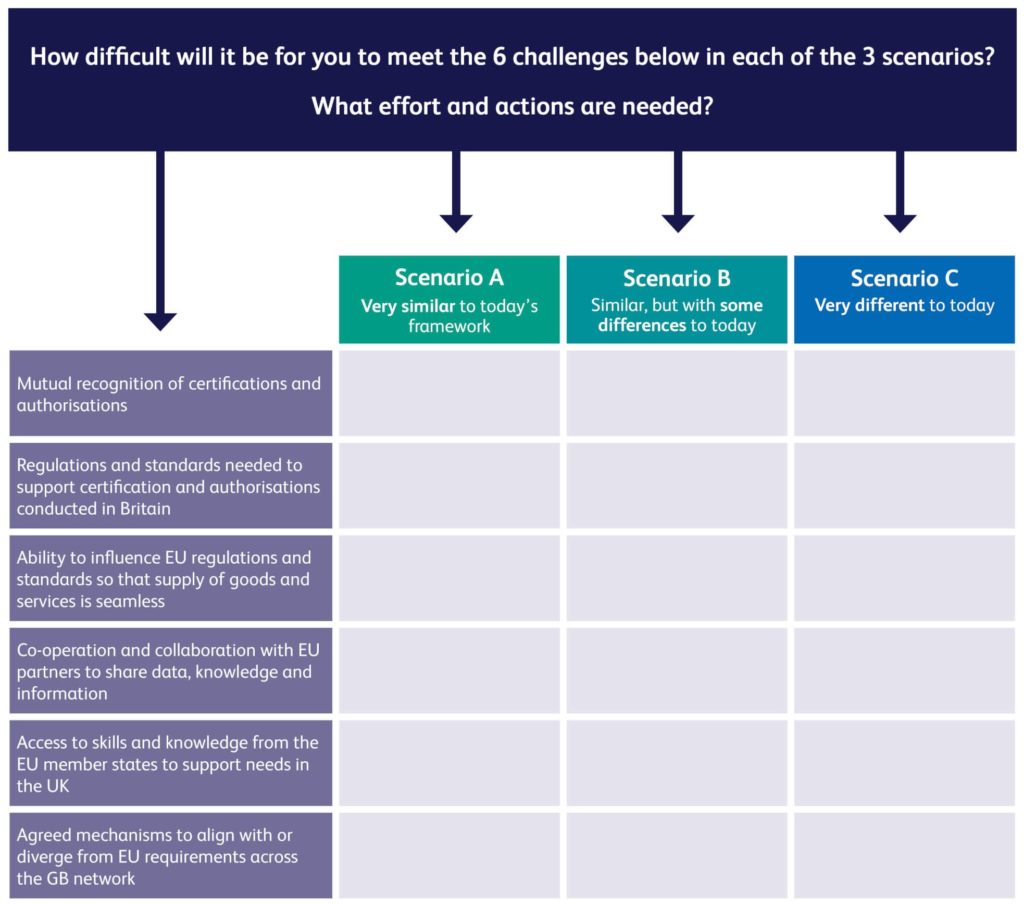
For example, if you rely on being able to buy and sell products in both the UK and the wider EU, mutual recognition of authorisation and approvals (and their basis) will be important. This is likely to be much easier if the post-Brexit regime is similar to today or easily recognisable and traceable (so that mapping the similarities and difference becomes easy and can be addressed as necessary when trading in different markets). Where it is significantly different, achieving that mutual recognition would require more resources and automatic acceptance of GB-approved or EU-approved products and services may not be possible, creating barriers to the trade. You need to plan for both scenarios.
Likewise, if your organisation’s objectives mean you will need to access mechanisms to align with or diverge from EU requirements in a British setting, then these could prompt different issues depending on the post-Brexit world. In a situation similar to today, diverging from EU requirements might be difficult if they’re fixed in Regulations, but could be easier if they’re documented in standards managed by the rail sector itself where there are tried-and-tested methods for diverging, rather than re-inventing the wheel and creating new mechanisms which will take time to bed in and will need confidence and acceptance across the different parties.
Although it is likely that the influence of government-based organisations on EU regulations and standards could weaken post-Brexit, GB companies will still need to be able to influence EU-sector organisations. Ongoing involvement via sector bodies is perhaps most critical. This is to ensure that EU regulations and standards do not move in a direction which restricts trade (by creating barriers to market) especially with a lucrative market at the EU’s doorstep. Where EU regulations and standards do not cater for GB, the more we may have to pay for customisation of an EU-wide product for a special market. It would also be harder for an EU-wide product to enter the GB market as there will be GB-specific rules for accepting and approving products.
Ultimately, free and efficient trading requires convergence, and all sides of the Brexit debate agree that trading with the EU is a good thing and should continue. It is essential that domestically we plan for free and efficient trading, and for sectors and organisations to influence their relevant EU bodies to ensure that the EU does not restrict its products and services from entering the GB market.
The common theme here is uncertainty driven by the level of unfamiliarity (both within the GB and for the EU) associated with these six objectives, so putting in effort now to reduce the risk of this uncertainty or considering how to manage it is sensible. As far as can be achieved, the more complete and informed an analysis you can do of how different scenarios will actually impact your organisation and activities, the more prepared you will be.
We’re continuing to help our members across Britain’s railways understand Brexit’s impact on standards and regulations, and are supporting public policy development, working closely with other rail bodies such as Rail Delivery Group, Railway Industry Association and Rail Supply Group on the issues.
FOR ALL THE LATEST INFORMATION, NEWS, IMAGES, VIDEOS AND ARTICLES ON ALL ASPECTS OF RAILWAY SERVICES, PLEASE CLICK HERE.

















